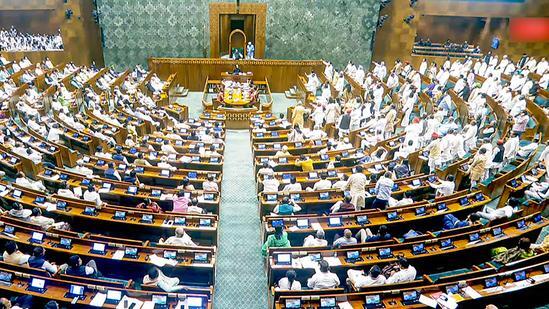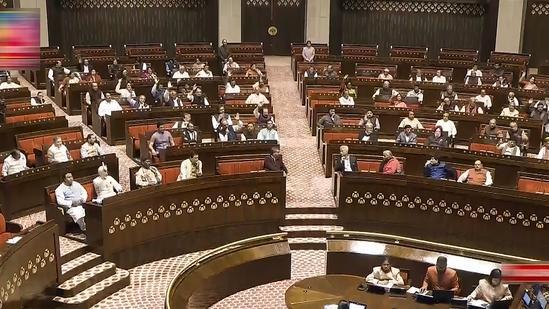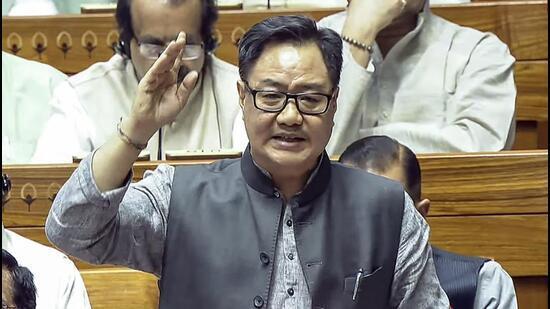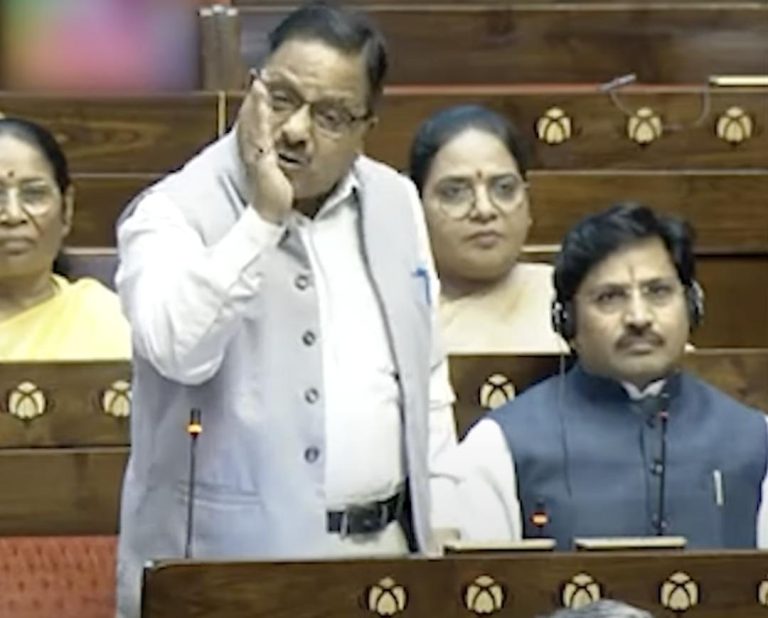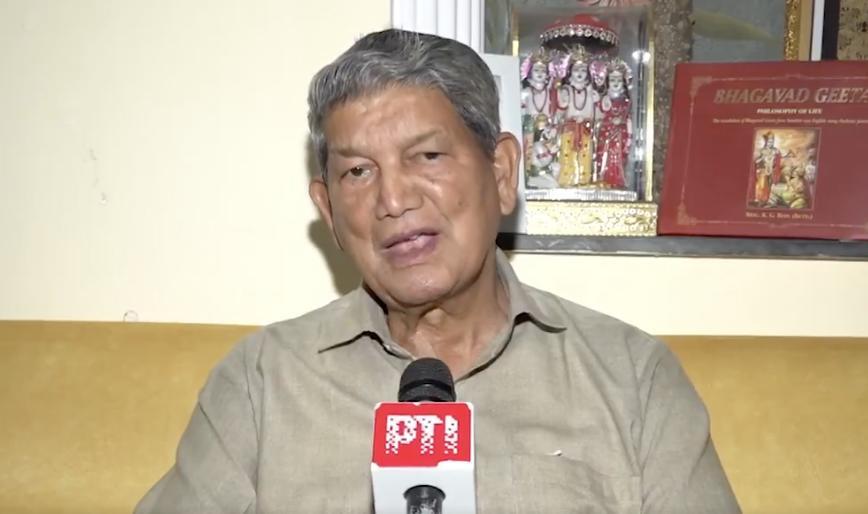
Neither in Favour nor Against it: Rawat on U’khand Renaming Places
The Uttarakhand government’s decision to rename several places has sparked a heated debate in the state. Among those who have reacted to the move is Congress leader Harish Rawat, who has taken a neutral stance on the issue. In a recent statement, Rawat said that the Congress party is neither in favour nor against the renaming of places, including Aurangzebpur in Haridwar, which is being changed to Shivaji Nagar.
Rawat’s statement comes amidst a backdrop of intense criticism and support for the Uttarakhand government’s decision. While some have hailed the move as a step towards promoting national pride and cultural heritage, others have slammed it as an attempt to rewrite history and erase the state’s diverse cultural identity. Rawat’s decision to remain neutral has been seen as a pragmatic approach, avoiding any unnecessary controversy and allowing the party to focus on more pressing issues.
However, Rawat’s statement also carried a hint of criticism towards the Uttarakhand government. He accused the ruling party of using the renaming of places as a distraction from their failures. “Changing names has become the BJP’s agenda because they’ve nothing to show in terms of real work,” Rawat said. This statement suggests that Rawat believes the government is using this issue to divert attention from their lack of achievements in the past eight-and-a-half years.
Rawat’s criticism is not unfounded. The Uttarakhand government has faced numerous criticisms for its performance in the past, including allegations of corruption, poor infrastructure development, and lack of economic growth. The state’s economy has struggled to recover from the devastating floods of 2013, and the government has been unable to boost tourism and industry growth.
The renaming of places is just the latest in a series of moves by the Uttarakhand government to rebrand itself and promote national pride. In recent years, the state has seen a spate of name changes, including the renaming of several cities, towns, and landmarks. While some of these changes have been met with widespread support, others have been criticized as an attempt to erase the state’s cultural heritage.
The reaction to the renaming of places in Uttarakhand reflects a broader debate in India about the role of history and culture in shaping national identity. Some argue that the renaming of places is necessary to promote national pride and unity, while others believe that it is an attempt to erase the country’s diverse cultural heritage.
Rawat’s decision to remain neutral on the issue is a cautious approach, avoiding any unnecessary controversy and allowing the party to focus on more pressing issues. However, it also reflects a broader cynicism towards the Uttarakhand government’s intentions. Rawat’s criticism of the government’s lack of achievements suggests that he believes the renaming of places is a distraction from the real issues facing the state.
Ultimately, the renaming of places in Uttarakhand is a complex issue that reflects a broader debate about the role of history and culture in shaping national identity. While some may see it as a necessary step towards promoting national pride, others may view it as an attempt to erase the state’s cultural heritage. Rawat’s decision to remain neutral is a pragmatic approach, but it also reflects a broader cynicism towards the Uttarakhand government’s intentions.
In conclusion, the Uttarakhand government’s decision to rename several places has sparked a heated debate in the state. While some have hailed the move as a step towards promoting national pride and cultural heritage, others have slammed it as an attempt to rewrite history and erase the state’s diverse cultural identity. Rawat’s decision to remain neutral on the issue is a cautious approach, avoiding any unnecessary controversy and allowing the party to focus on more pressing issues. However, it also reflects a broader cynicism towards the Uttarakhand government’s intentions and suggests that the renaming of places is a distraction from the real issues facing the state.
